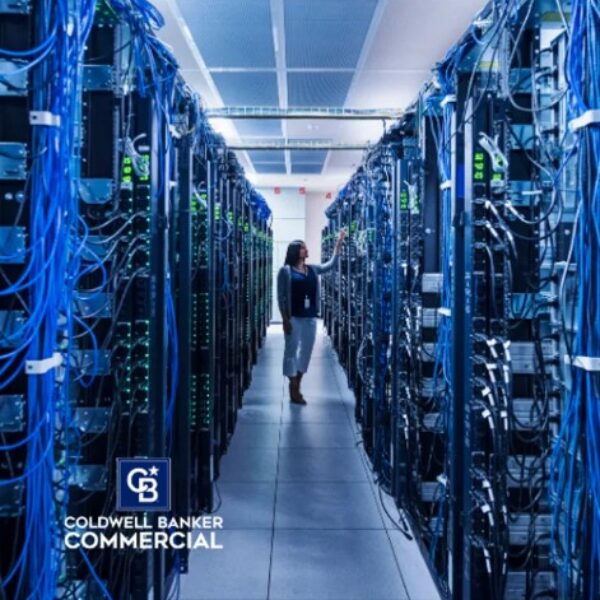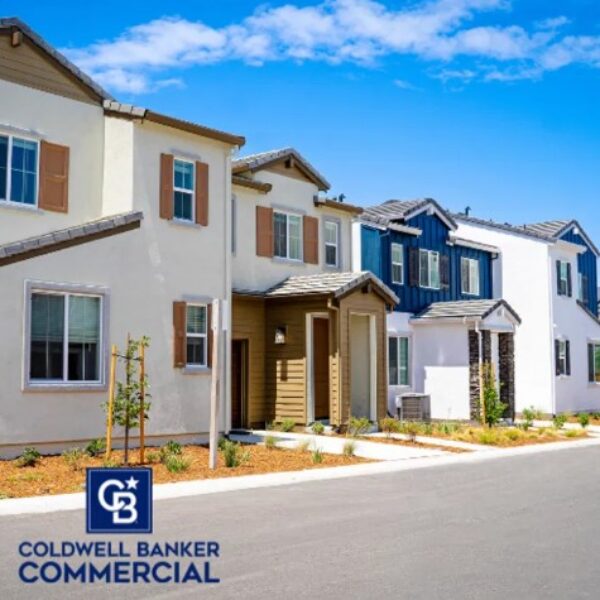The commercial real estate (CRE) industry is experiencing a profound transformation as property management integrates smart building technology. This shift is reshaping how properties are operated, maintained, and optimized, and the benefits are accruing to property managers, tenants and the environment. With innovations like IoT (Internet of Things), AI-driven systems, and smart energy management, CRE operators are finding new ways to improve efficiency, enhance tenant satisfaction, and meet sustainability goals. Here’s how smart building technology is redefining property management.
The Internet of Things (IoT) plays a pivotal role in making buildings “smart.” By connecting various devices and sensors within a building, IoT enables real-time data collection and analysis, providing property managers with insights into the building’s performance and operational needs. For example, IoT sensors can monitor everything from temperature and humidity to lighting and occupancy patterns. This data allows managers to adjust building systems dynamically, optimizing comfort and efficiency.
Beyond efficiency, IoT-enabled buildings offer better safety and security. Smart locks, surveillance systems, and occupancy sensors improve security, making buildings safer and more responsive to tenant needs. This connectivity and responsiveness create a seamless experience for tenants, allowing them to interact with their space more intuitively and enjoy a greater sense of control.
Artificial Intelligence (AI) takes smart building technology to the next level by processing vast amounts of data collected by IoT devices. AI algorithms can predict maintenance needs, anticipate tenant preferences, and even automate building operations. For example, AI-driven HVAC systems can learn from usage patterns to automatically adjust temperature settings, minimizing energy use while ensuring comfort.
Predictive maintenance, powered by AI, is another significant advancement. By analyzing data from equipment, AI systems can alert property managers to potential issues before they lead to costly repairs or downtime. This proactive approach not only saves on maintenance costs but also extends the lifespan of building assets, providing long-term value.
Sustainability is a top priority in CRE today, and smart energy management systems are critical to achieving it. These systems integrate with IoT and AI technologies to monitor and control energy use in real-time, reducing waste and lowering costs. Smart lighting systems, for instance, can automatically adjust based on occupancy and natural light levels, while smart meters track and report energy consumption patterns.
For property managers, these systems provide the dual benefits of meeting sustainability goals and achieving significant cost savings. Lower utility costs not only improve profitability but also appeal to eco-conscious tenants and investors. As governments and companies push for more sustainable practices, having a smart energy management system is becoming essential in modern property management.
As tenants increasingly expect a digitally connected work environment, smart building features are becoming a competitive advantage. From mobile apps that allow tenants to adjust lighting and temperature in their space to automated systems that anticipate their needs, smart buildings provide a more personalized and responsive experience. This level of service boosts tenant satisfaction and retention, as tenants are more likely to stay in buildings that cater to their preferences and enhance their well-being.
The rise of smart building technology is revolutionizing property management, enabling operators to achieve operational efficiencies, enhance tenant experiences, and drive sustainability. As more CRE operators adopt these technologies, the demand for smart, digitally connected spaces will only grow. Embracing smart building solutions isn’t just an option for property managers; it’s becoming a necessity to stay competitive and meet the evolving needs of today’s tenants.








